Agentic AI as a Catalyst for Enterprise AI Transformation in 2025
Draw nearer to 2025, enterprises no longer ask if they should adopt artificial intelligence; now they want to know how fast they can evolve with it. Classical AI systems are being demonstrated to show their limitations in agility, scalability, and autonomy; hence a new frontier was born, that of Agentic...Read more » The post Agentic AI as a Catalyst for Enterprise AI Transformation in 2025 appeared first on Big Data Analytics News.

Draw nearer to 2025, enterprises no longer ask if they should adopt artificial intelligence; now they want to know how fast they can evolve with it. Classical AI systems are being demonstrated to show their limitations in agility, scalability, and autonomy; hence a new frontier was born, that of Agentic AI.
This next-gen AI system looks primed to change organizational operations, adaptability, and growth. Unlike traditional automation agents, Agentic AI permits proactive, autonomous agents capable of making independent decisions, understanding their context, and continually learning. It is rapidly becoming the core engine for Enterprise AI Transformation in 2025 and beyond.
The remainder of this article will discuss what Agentic AI is, how it is different from traditional AI, why it is becoming foundational for AI-fuelled enterprises, and how companies like Newton AI Tech are spearheading that transformation.
What Is Enterprise AI Transformation?
Enterprise AI transformation essentially means bringing artificial intelligence (AI) technologies into different facets of the organization across the spectrum of optimization of operations, improved decision support, and business growth. The transformation encompasses more than just the use of AI tools and systems; it requires a much deeper organizational level shift toward being data-centric, automating their processes, and using the AI as a value proposition across its functions. Hence, the transformation involves very many things: from the modernization of legacy systems to a rethink of the business model, customer experiences, and smarter product offerings through a data-driven approach.
Core Components of Enterprise AI Transformation
Data-Driven Decision-Making
At the core of AI transformation is the ability to make data-informed decisions. AI enables organizations to sift through vast amounts of data, detect patterns, and produce insights that were previously impossible to get or far-too-time-consuming. For example, AI-enabled analytics can be used for predicting customer behaviour, optimizing supply chain operations, and real-time monitoring of fraud.
Automation of Business Processes
AI enables organizations to automate repetitive and mundane tasks so that human beings can focus on higher-value tasks. Thus, the implementation of RPA, machine learning, and natural language processing touches on everything from customer service-providing chatbots-financial processes to manufacturing workflows. The effects of automation can be far-reaching from cost reduction to increased accuracy to overall operational efficiency.
Enhanced Customer Experiences
AI add-ons include things like recommendations based on your personal preferences, predictive maintenance models, and models that dynamically animate the prices of goods and services. These types of programs have changed the way businesses relate to their clients. Advanced artificial intelligence systems enable extremely personal human-like experiences by analyzing user data whether through a marketing campaign or a personalized product recommendation. Some old chatbots and virtual assistants will be replaced by new ones with a modern touch and become great ways to improve customer service with the immediate availability of 24-hour assistance.
Agility and Innovation
Enterprise AI transformation builds a culture of innovation and agility. AI affords organizations the ability to shift directions quickly in response to changing market conditions or customer needs. The cycles of innovation and product development using AI occur within a shorter time frame because AI models learn continuously. For example, AI can help in the design of new products as well as the improvement of the existing ones, while at the same time bringing about the innovation process efficiently across departments.
Challenges in Enterprise AI Transformation
The upside of transforming relationships through AI is enormous for organizations. Clear quality and access barriers cripple most organizations trying to scale their efforts. Building a safe and secure method to hold and analyze big data has become challenging for businesses because data has to be cleaned, stored, and prepared beforehand. The investments needed to implement AI include technology infrastructure and training. Data privacy, ethics, and loss of jobs due to automation are other issues raised by AI adoption.
Understanding Enterprise AI Transformation: The Next Step in AI Evolution
Introduction to Enterprise AI Transformation
Transformation, toward artificial intelligence one of the enterprise-wide frameworks, mainly signifies the AI technology’s use. The processes, operations, and decision-making structures of an enterprise are strategically reformed for tomorrows-service-through-the-AI acceptance. AI is becoming the central enabling factor toward agility and innovation in an organization by automating processes, optimizing workflows, and enriching customer experience. With the evolved AI, it ceases now to be a technology used for narrow functionalities such as data analysis or process automation. AI is perceived now as the most important enabling technology toward the long-term growth and competitive advantage of industries.
Key Drivers Behind Enterprise AI Transformation
1. Increased Data Availability
Another big driver behind the AI transformation is the sheer amount of data that organizations started generating. The amount, speed, and variety of data have now opened a window for businesses to exploit AI into an insight-generating decision support system. AI can access and analyze this huge amount of data far quicker and much more accurately than any human conventionally could, thus creating opportunities for business optimization.
2. Technological Advancements
With the rapid advancement of machine learning (ML), natural language processing (NLP), and computer vision, AI is now more available and suitable for a wider range of businesses. AI is evolving on a constant basis with algorithms and models that support the more advanced AI systems to carry out complex tasks such as customer sentiment analysis, predictive maintenance, and automated decision-making.
3. Competitive Pressure
As more and more companies across the industry take to AI-driven technologies, the pressure mounts on fellow enterprises to catch up with competitors. Organizations in whichever level will need data scientists, project managers, and management to adopt AI at a high level.
Key Areas of Enterprise AI Transformation
1. Operational Efficiency and Automation
Usage in businesses through the automation of most repetitive operational routines, thereby permitting their employees to engage in high-value activities. From automating customer-service functions with chatbots, through robotic process automation (RPA), to entering data or managing supply chains-in all these and more, AI-related automations are reducing operational expenses, diminishing human error, and improving both speed and accuracy. It, for example, automatically routes customer inquiries to the right departments based on subject matter or processes invoices-or it optimizes inventory management.
2. Data-Driven Decision Making
AI enables businesses to acquire powerful data analytics resources that will support decision-making based on real-time insights rather than intuition or gut feel. Predictive analytics as well as ML-modeling makes it possible for organizations to advance forecasts of clients’ demands and anticipatory marketing trends while optimizing pricing strategies and improving customer targeting. AI, for example, can also help marketing with the personalization of offers and messages flexibly addressing the unique behaviour of individual customers resulting in more effective campaigns with higher conversion rates.
3. Customer Experience Enhancement
AI is starting to change the way companies interact with customers. AI will not only be able to study customer data and behaviours to recommend them personalized recommendations but will also be able to predict what a customer needs even before they request it or automate the same support. All these activities will be greatly enhanced by virtual assistants or chatbots, which give round-the-clock availability of services. Predicting customer preferences would facilitate product development and allow companies to tailor experiences across touchpoints.
4. Innovation and Product Development
Likewise, Enterprise AI speeds up innovation by quick prototyping and iterations in its development. Deep learning, generative design, and other AI technologies are applied to develop new products and optimize existing goods and even predict future demand for products. For example, you can improve a product’s quality using simulations based on the configurations and materials utilized before actual production. This results in quicker time to market, lower costs, and greater creativity.
Challenges in Enterprise AI Transformation
1. Data Quality and Integration
Meaningful insights and outcomes from AI depend on clean, high-quality, and integrated data. In most cases, organizations face issues with inconsistent data, legacy systems, and silos-the impediments to successful AI use. Data consistency, security, and accessibility across all departments are vital to the success of AI transformation.
2. Skills and Talent Shortage
The skills required to attract talent for AI transformation are quite specific and therefore struggle their way into development. There is a huge skill shortage for the industries considered AI-related. Further training of existing human resources, upskilling, and close cooperation with external experts can help develop internal capabilities and fill the existing knowledge gaps.
3. Change Management
AI startup is a radical process involving change in the culture and operations of an organization. Employees could be resistant to adopting new technologies, especially in the case of a little job insecurity or a little grasping of how AI can enhance their work. Changing their minds about enterprise AI transformation needs a well-defined strategy that includes educating employees, nurturing and promoting a culture of innovation, and aligning AI-related initiatives with the overall mission of the business.
4. Ethical and Privacy Concerns
Companies are more than ever putting their faith in AI to support business decisions; therefore, there is an increasing need to handle ethical issues of fairness, transparency, and accountability. AI systems are only good as the data used for training, which can be biased at times, and therefore lead to unfair discrimination. Also, with more and more use of personal data, companies need to conform with privacy laws (such as GDPR) and mitigate any associated security risks. Trust and compliance rely on proper ethical AI development and governance framework.
The Future of Enterprise AI Transformation
1. AI as a Strategic Asset
So, it’s going to happen down the road that AI will be an important part of business thinking instead of just an operational tool. Businesses will move beyond the current applications of AI in isolated tasks and begin embedding it in their business models, so that they will innovate and produce entirely new revenue streams, as well as transform how they interact with customers and other stakeholders. The point for which AI is not a nice-to-have now will be a definitely must-have in the long haul as far as companies need to go.
2. End-to-End AI-Driven Organizations
As the capacities of artificial intelligence have evolved, businesses will move relatively over the horizon towards all-encompassing AI applications for their operations. Such companies will have their systems driven completely with the support of AI in aspects from supply chains and marketing to customer relations and finance. Thus, for example, the AI will automatically update production schedules, control stock levels, and even negotiate vendor contracts on the basis of market conditions and forecasts of demand.
3. AI and Human Collaboration
But instead of making human labor useless, the transformation of the enterprise’s AI will be for greater collaboration between AI systems and human employees. Thus, AI will enhance decision-making: by offering instant insights, automating mundane attribute jobs, and employee focus towards more complex, creative, and strategic roles. The result is improved productivity and creation when human intelligence and AI join forces.
Why Agentic AI Is the Catalyst for Enterprise AI Transformation?
Traditional AI has often fallen short of delivering upon the whole range of challenges businesses encounter on their journeys to evolve in an increasingly complex data-driven world. While classical AI was fast in automating tasks and processing voluminous datasets, it was too slow in making decisions, adapting to change, and long-range planning required to transform today’s businesses. Enter Agentic AI-a new style of artificial intelligence-designed to act as a decision-making agent that can set its own goals, learn from its environment, and take actions to achieve these goals. Agentic AI is a fast-rising torchbearer for genuine Enterprise AI Transformation, helping organizations graduate from chores of mere automation to intelligent and autonomous systems that can adapt, innovate, and optimize in real-time.
How Agentic AI Drives Enterprise AI Transformation?
Routine task automation is the main process driving efficiency in enterprise AI, but agentic unlocks the real value of autonomous decision-making. In contrast to traditional AI systems, for which human intervention in decision-making is necessary, agentic systems can make real-time complex decisions. In supply chain management, for example, agentic AI may activate itself to modify inventory levels, cure optimization with delivery routes, and negotiate with suppliers, all while incorporating changes in the market environment. Such autonomy enhances operational efficiency by reducing dependence on manual oversight while allowing faster organizational response to dynamics.
Proactive Problem Solving and Optimization
Agentic AI’s ability to set and pursue goals autonomously allows businesses to optimize their processes in ways that traditional AI systems cannot. For example, an agentic AI-powered sales assistant could independently identify underperforming regions or products and take action to optimize sales strategies. It can analyze historical data, anticipate potential problems, and take corrective measures before they escalate. This proactive approach to problem-solving helps businesses stay ahead of challenges and achieve continuous improvement in performance.
How Newton AI Tech Is Accelerating Enterprise AI Transformation?
Agentic AI autonomously setting and pursuing goals for optimization gives businesses unique advantages not possible with conventional AIs. For example, an agentic AI sales assistant could find regions or products that are underperforming independently and launch interventions to maximize sales strategies. It can analyze historical data and identify possible issues with their timely corrective interventions, preventing escalation. Such proactive problem resolution enables a business to avert problems and remain in a state of continuous performance improvement.
1. Advanced Machine Learning Models for Decision-Making
The class of machine-learning (ML) and deep-learning models offered by Newton AI Tech represents state-of-the-art in enabling users to make more precise, more accurate, data-driven decisions. Conventional AI would often depend on static algorithms and pre-defined rules; however, Newton AI incorporates advanced techniques such as reinforcement learning and neural networks, making it possible for AI to learn from vast datasets and subsequently improve its own predictions and decisions.
2. AI-Driven Automation for Operational Efficiency
One of the key bottlenecks for any organization planning to scale up their operations is human intervention and inefficiencies in day-to-day business processes. Newton AI excels in automation of complicated, routine tasks across industries and thus allows employees to spend time and effort on something more strategic.
3. Hyper-Personalization of Customer Experiences
Hyper-personalization of services and products puts Newton AI Tech at the forefront of enhancing customer relationship management. The companies can leverage data analytics and AI-driven insights to personalize products and services according to an individual customer’s preferences, behaviour, and needs.
4. Scalable AI Deployment Across Multiple Business Functions
Designed for seamless scaling across different functions of the enterprise, Newton AI Tech differs from traditional AI tools that typically remain confined within departments. Newton AI creates a collaborative AI ecosystem that links multiple areas of the business together—sales, marketing, finance, HR, and operations. This allows enterprises to deploy AI solutions at scale, thereby fostering collaboration and improving decision-making across departments.
5. Continuous Learning and Adaptability
One of Newton AI’s unique strengths is its ability to learn and adapt continuously to changing business environments. The reinforcement learning and self-learning algorithms integrated into its systems enable it to become smarter as new data and scenarios are presented to it.
Final Thoughts: The Agentic AI-Driven Future Is Now
Enterprise AI Transformation is now beyond a dream, and it is competitive imperative. By the middle of this decade, the organizations that rely on the old and rule-based AI systems will not keep pace with change.
Agentic AI is the missing link that leaps across automation into autonomy-from support to strategy and from siloed tools to intelligence ecosystems.
Innovators such as Newton AI Tech provide the architecture, security, and strategic insight to deploy Agentic AI at scale, thus lowering the barriers related to transformation.
The post Agentic AI as a Catalyst for Enterprise AI Transformation in 2025 appeared first on Big Data Analytics News.




















































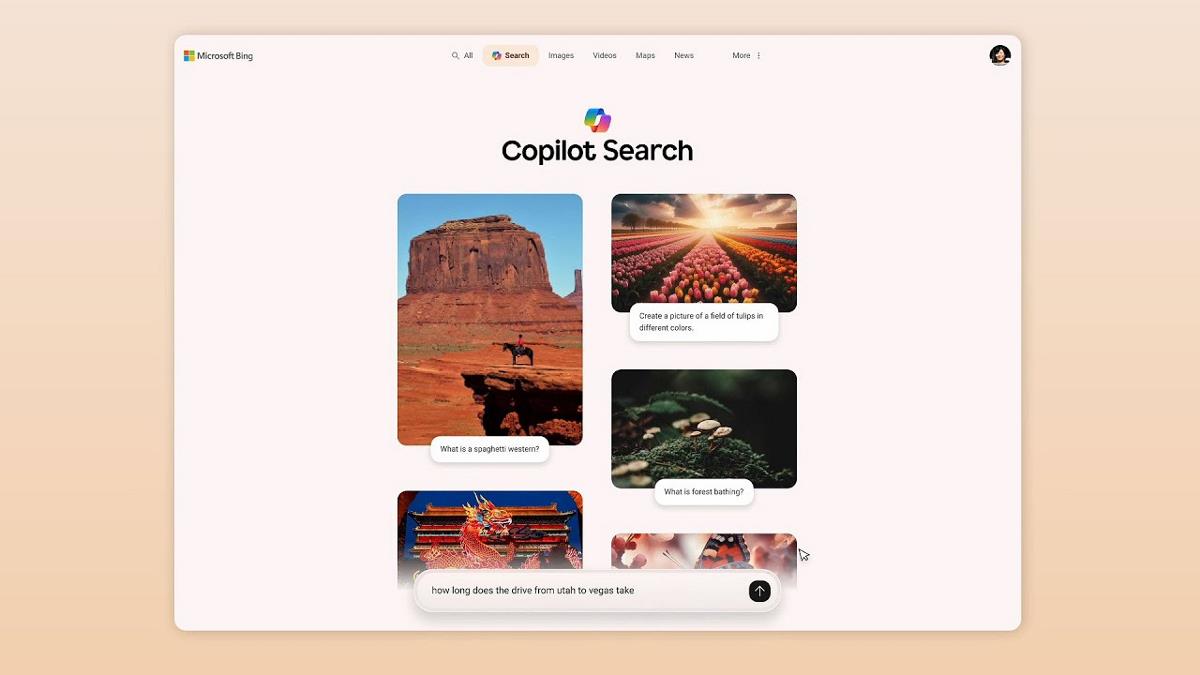






















![Apple Developing Battery Case for iPhone 17 Air Amid Battery Life Concerns [Report]](https://www.iclarified.com/images/news/97208/97208/97208-640.jpg)
![Apple to Split iPhone Launches Across Fall and Spring in Major Shakeup [Report]](https://www.iclarified.com/images/news/97211/97211/97211-640.jpg)
![Apple to Move Camera to Top Left, Hide Face ID Under Display in iPhone 18 Pro Redesign [Report]](https://www.iclarified.com/images/news/97212/97212/97212-640.jpg)
![AirPods 4 On Sale for $99 [Lowest Price Ever]](https://www.iclarified.com/images/news/97206/97206/97206-640.jpg)






















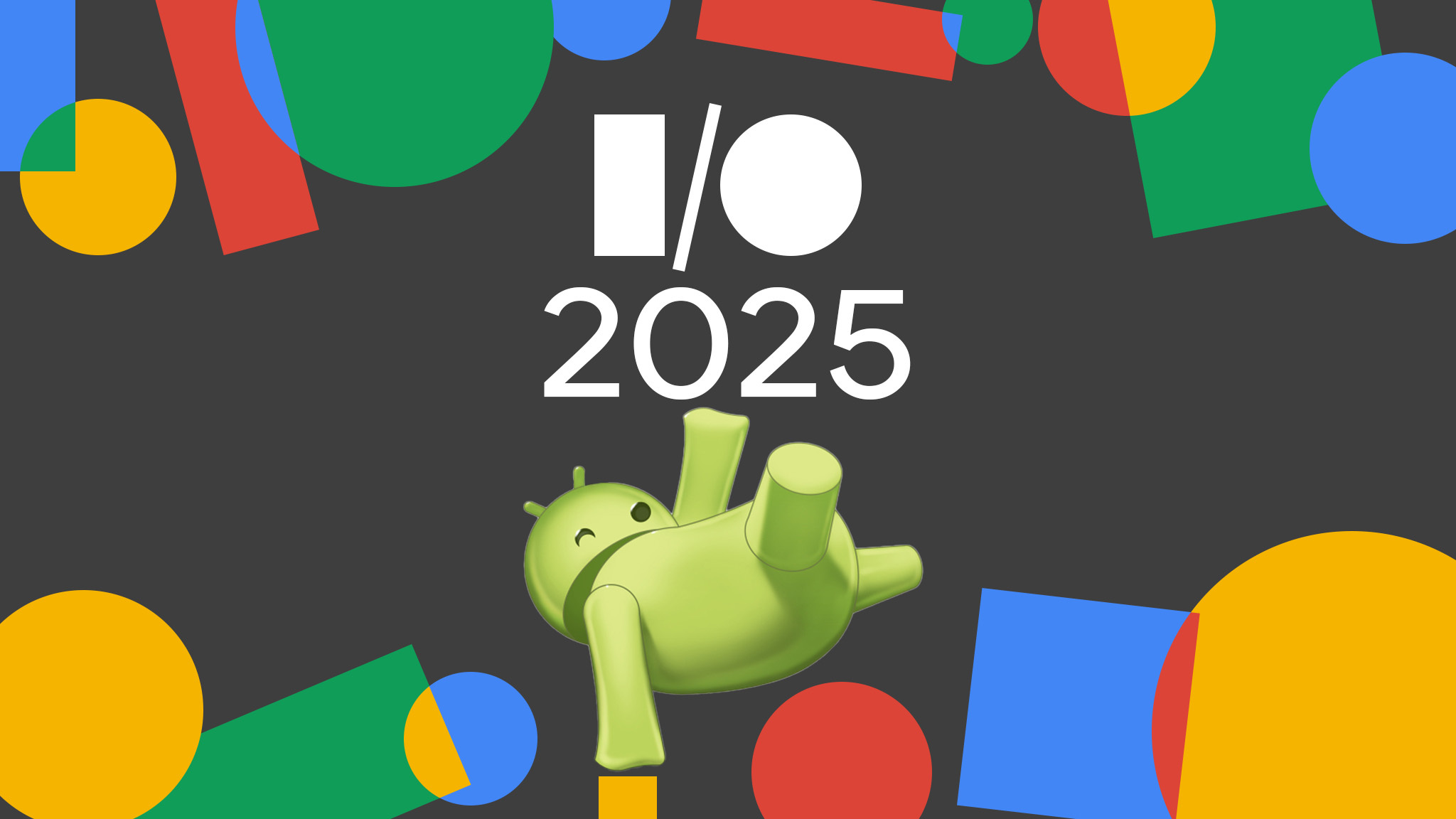
































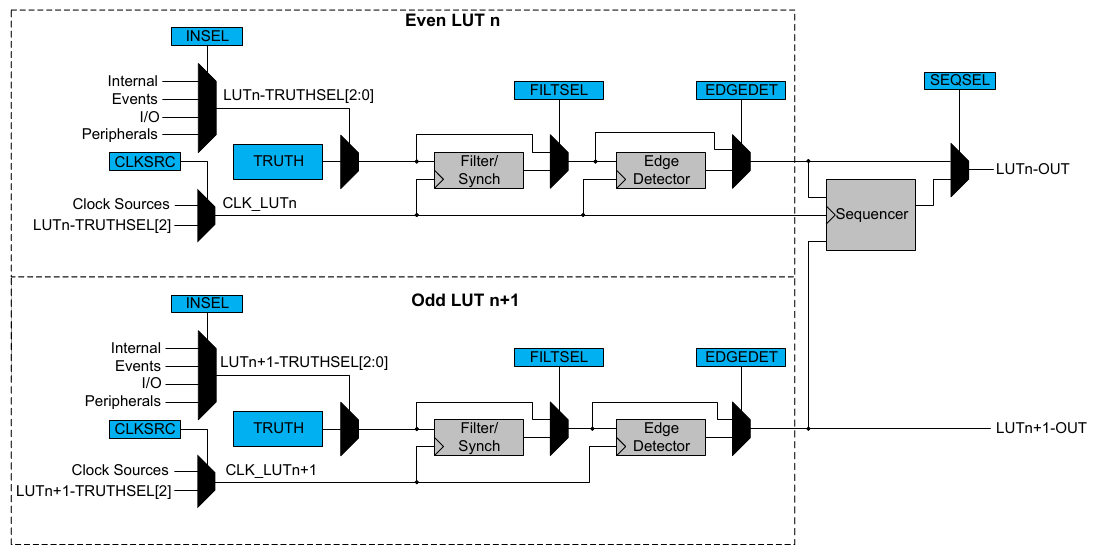




















































_Inge_Johnsson-Alamy.jpg?width=1280&auto=webp&quality=80&disable=upscale#)
































































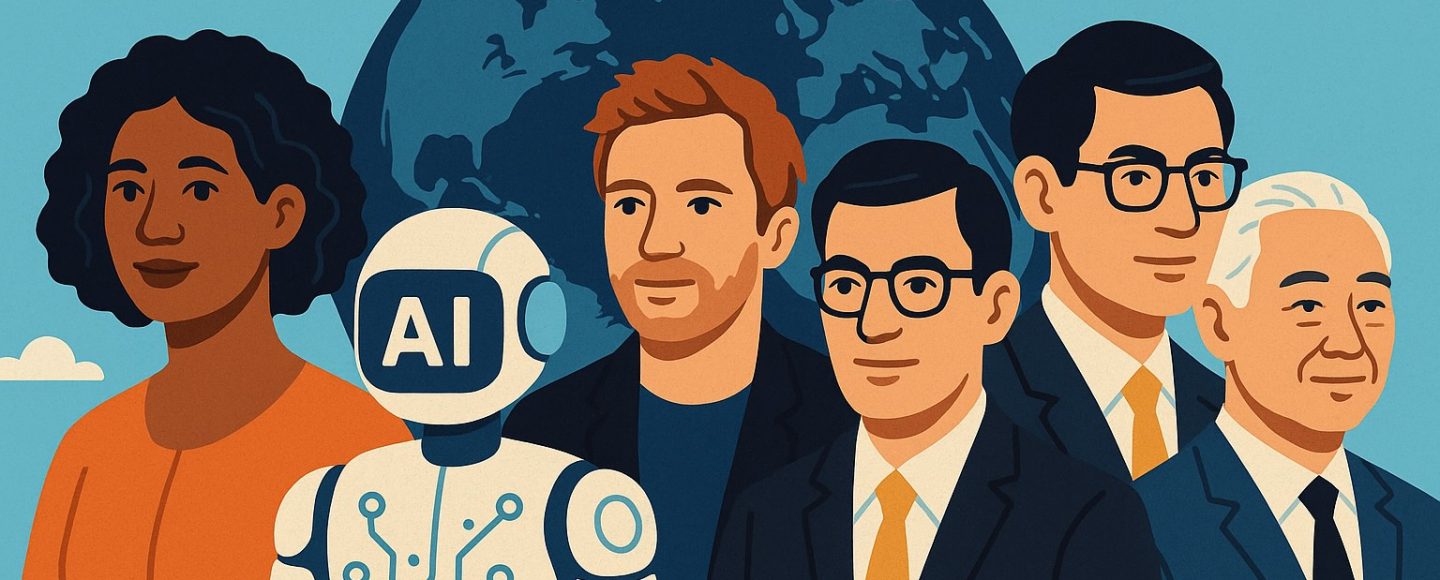


























































![[The AI Show Episode 145]: OpenAI Releases o3 and o4-mini, AI Is Causing “Quiet Layoffs,” Executive Order on Youth AI Education & GPT-4o’s Controversial Update](https://www.marketingaiinstitute.com/hubfs/ep%20145%20cover.png)


















































































































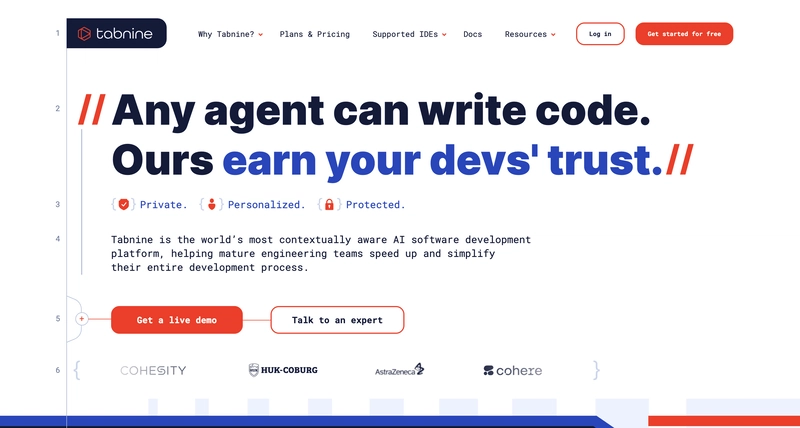






























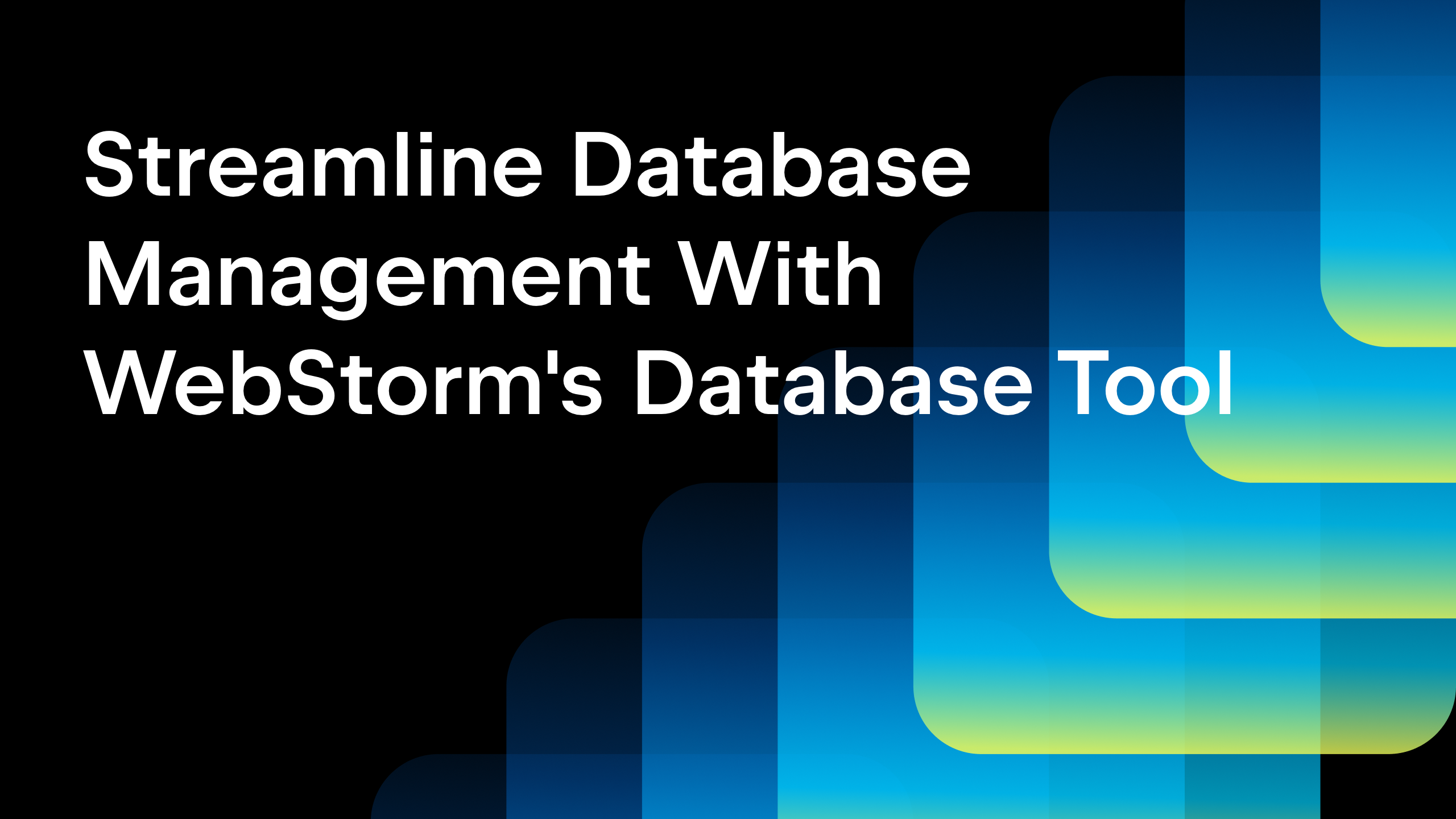












![From Art School Drop-out to Microsoft Engineer with Shashi Lo [Podcast #170]](https://cdn.hashnode.com/res/hashnode/image/upload/v1746203291209/439bf16b-c820-4fe8-b69e-94d80533b2df.png?#)

![[FREE EBOOKS] Learn Computer Forensics — 2nd edition, AI and Business Rule Engines for Excel Power Users & Four More Best Selling Titles](https://www.javacodegeeks.com/wp-content/uploads/2012/12/jcg-logo.jpg)




































































































